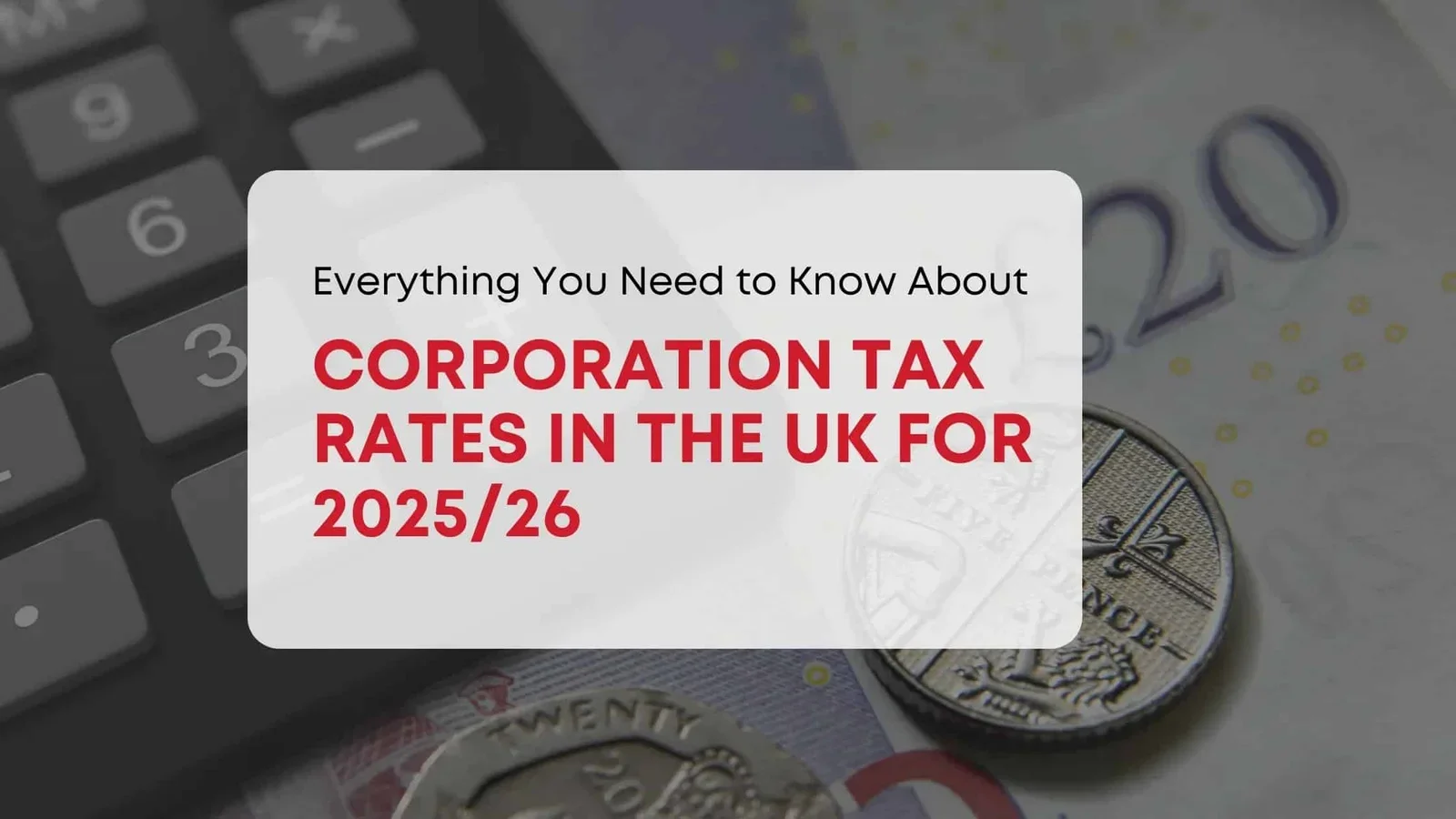UK Corporation Tax in 2025: What You Need to Know and How to Plan
UK Corporation Tax in 2025: What You Need to Know and How to Plan
Corporation Tax rules in the UK have seen significant changes in recent years, and 2025 is no exception. Understanding the current rates, allowances, and planning opportunities can help you reduce your tax bill and keep more profit in your business. At ASKFinance, we ensure you stay compliant while making the most of available reliefs.
Current Corporation Tax Rates
From April 2023, the UK introduced a main rate of 25% for companies with profits over £250,000, and a small profits rate of 19% for profits up to £50,000. Profits between these amounts are taxed at a tapered rate, creating a marginal relief zone.
Key Planning Opportunities in 2025
Capital Allowances — The Annual Investment Allowance (AIA) remains at £1m, allowing you to deduct qualifying equipment and machinery costs in full.
Super-Deduction Transition — The enhanced super-deduction scheme has ended, but full expensing on certain qualifying plant and machinery purchases continues.
R&D Tax Credits — Adjusted rates apply for SME and RDEC claims; ensure you understand which regime your business qualifies for.
Loss Relief — Trading losses can be carried back three years (temporarily extended) or carried forward indefinitely against future profits.
Common Mistakes to Avoid
Missing the Corporation Tax payment deadline (9 months and 1 day after your year end).
Failing to claim available reliefs, especially R&D or capital allowances.
Incorrectly calculating marginal relief on profits between £50k–£250k.
How ASKFinance Can Help
We:
Calculate your Corporation Tax accurately and in line with HMRC guidance.
Identify and apply all available reliefs to reduce your liability.
Advise on strategic spending to maximise allowances.
Keep you updated on legislative changes that could affect your tax position.
Book a free consultation using the button below, or leave your details via the contact form, and we’ll get back to you promptly.




